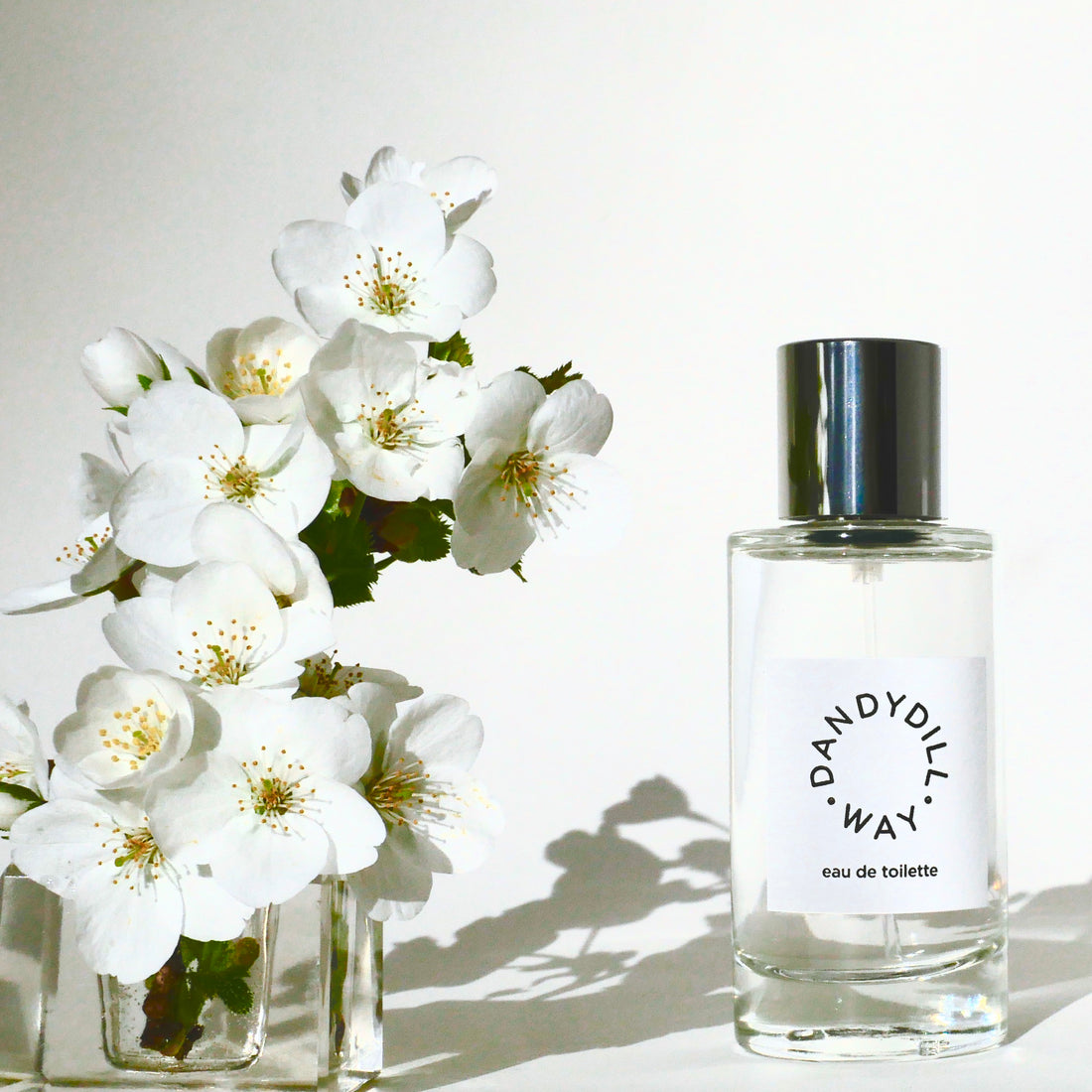
The Allure of Natural Fragrance: What Makes Natural Perfumes Special.
Share
Perfume has a history as long as civilisation itself. Rare and precious fragrant ingredients have been considered a signal of high status, wealth and mysticism for thousands of years. The word perfume comes from the Latin “per” meaning “through” and “fumus” meaning “smoke”, since the earliest known form of perfume was incense which was used in ancient Eygpt from around 3000 BC, first emerging in Mespotamia some 1000 years earlier. As priests and royalty relinquished their exclusive rights to the aromatic woods and resins used in sacred ceremonies, wealthy citizens began to enjoy scenting themselves with oils whilst bathing. It was the process of distillation (boiling a solution and then condensing the vapour into a liquid by cooling it) that made commercial production of liquid perfume viable and gradually allowed more of the population to enjoy perfume's enticingly indulgent and beneficial properties.

Nowadays perfumes come in many forms; from waxes and balms to more traditional eau de parfums for the body, as well as myriad scents for the home. We are even told that pheromones can be mimicked, to instantly bewitch and beguile a beloved and so we must buy a perfume containing these synthetically created ingredients for success in love!
Scent is highly evocative of memories; think of the comforting smell of fresh baking or a wood fire, or a familiar perfume worn by a lover. This is because of how the brain processes smells: the olfactory nerve detects the molecules released by a scented substance, relaying information to the olfactory bulb at the base of the forebrain where it is transmitted to other areas of the brain for processing, including the thalamus, which in turn relays it to the hippocampus and amygdala, both of which are the areas of the brain linked to our memory.
Smell is the only fully developed sense a feotus has in the womb. Until the age of around 10 years smell is the sense that is most developed in a child, not till then does sight overtake it. Because of the way the brain processes the scents we pick up, emotions and smells are stored together as memories and so childhood is when we develop our preferences, loves and hates for certain smells, that stay with us for the rest of our lives. (This is why, at Dandydill Way, we were so painstaking to ensure we used the most delicate and irresistible, all-natural scent to help make magical memories during precious moments of childhood bonding!)
Natural ingredients for perfumes are extracted from flowers, leaves, roots, fruits, wood resins and capture the plant’s natural essence in essential oils, absolutes, resins, extracts and tinctures. They may also contain allergens and so those with sensitive skin must check ingredients on packs carefully before use, as natural does not always equal safe.
Synthetic fragrances can boost the smell and increase the stability of a perfume. A synthetic fragrance is less likely to cause an allergic reaction as it will have been created to minimise risk of harm however it will be an artificial, man-made ingredient, possibly containing petrochemical extracts, fixatives and preservatives, with only the most superficial similarity to its natural counterpart.
Rather than the static, fixed notes of an artificial perfume, a blend of all-natural ingredients has a more complex and mutable profile and will react less predictably with other ingredients in a products. Each harvest has experienced differing temperatures, rainfall and other seasonal variations and this will influence the complex and delicate compounds in the plants.
Laboratory created, factory-made ingredients have no such variables and so are cheaper to produce and more homogenous, replicating easily without the challenges and vagaries of nature to balance. This is partly why naturally derived products such as Dandydill Way will have some variation in colour and texture in each batch, unlike synthetic products, which are mass produced with no variation from year to year.
Natural perfumes tend not to be as long-lasting as synthetic ones but because of their complex chemical make-up they evolve in a subtly nuanced, multi-layered way, reacting differently according to the user's individual body chemistry.
Artificial perfumes usually offer a longer-lasting smell but experiencing them can be less dynamic and rather flat in comparison.
Benefits of Natural vs Artificial Perfume
- Complex scents with subtle variations and emerging notes.
- Sustainable production from managed, harvested plant sources.
- No petrochemicals or artificial fixatives and associated environmental impact.
- Authenticity; true to the pure plant origin.
- Beneficial phyto-nutrient compounds.
When choosing a natural perfume, especially for children, always remember to check the ingredients for allergens (these will be highlighted) and ,if your child has sensitive skin, avoid essential oils as these can trigger a reaction. For more information on testing new products on a child our journal has expert steps to follow. Look out for organic and sustainable natural ingredients that are blended with a child's delicate skin in mind and remember you're setting them up for a lifetime of scented memories...beware the sickly sweet fragrance equivalents of UPFs!
